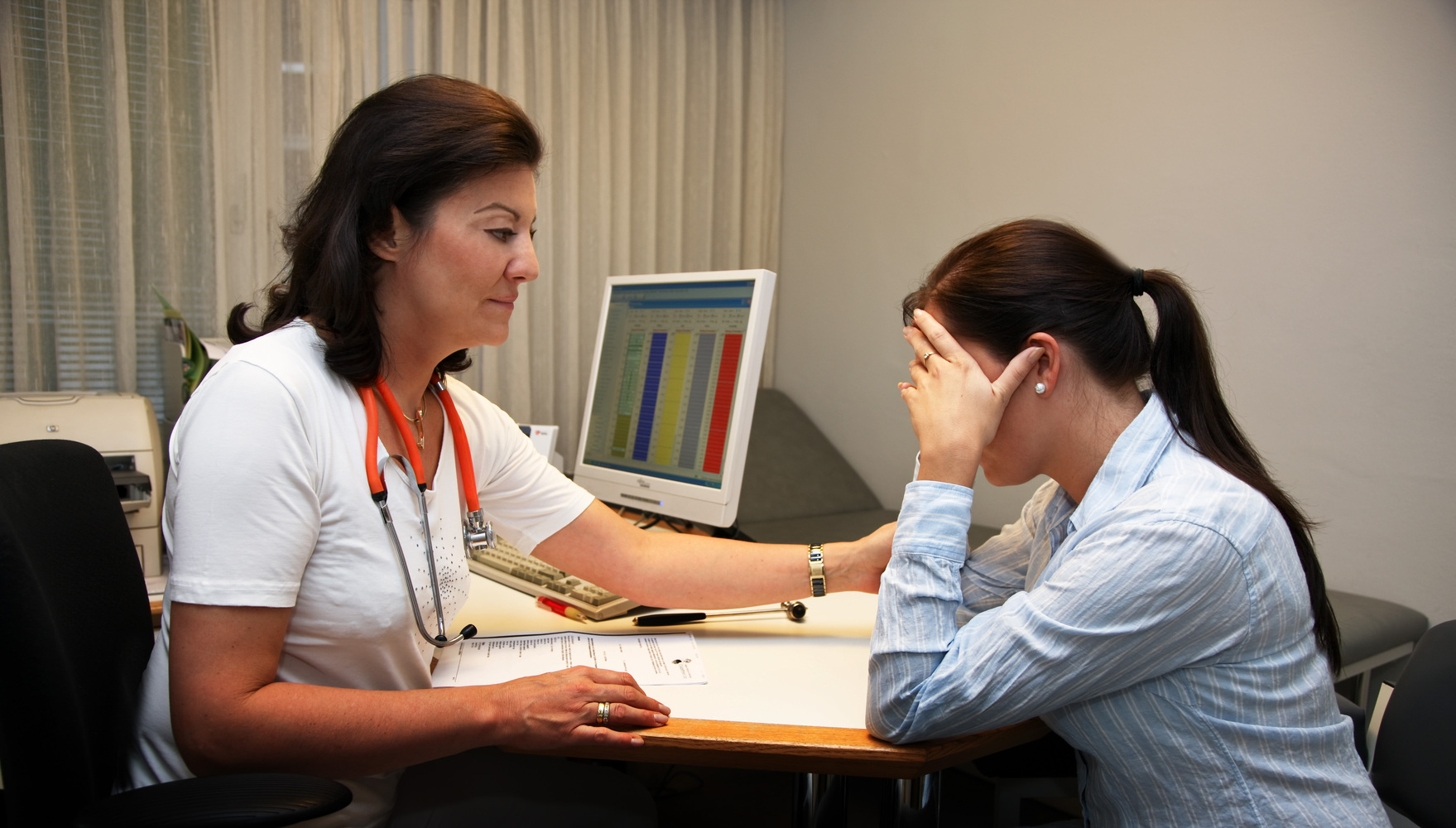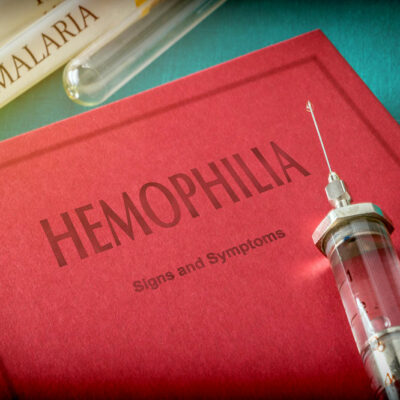
Early Warning Signs of Cancer
Cancer is a disease characterized by the development of uncontrollable and abnormal cell growth and division. While several risk factors (including heavy alcohol consumption, physical inactivity, smoking, excess body weight, sun exposure, and poor nutrition) may contribute to certain cancers (i.e., breast cancer, lung cancer, melanoma, kidney and liver cancers, etc.); genetics and family history may also cause cancer development.
Cancer is among the world’s leading causes of premature death. Still, survival rates have improved, thanks to the latest cancer screening, prevention, and treatment, especially the latest meds cancer treatment for lung cancer. Some of the most common early signs of cancer include:
1. Losing weight without trying
If you notice sudden weight loss, see your doctor. Although a sudden loss of 10 pounds (without severe dieting or exercise) might not worry you, it may be an early sign of many types of cancer.
2. General fatigue
Excessive fatigue that doesn’t improve even when you rest might be an early sign of cancer. Cancer utilizes the nutrients in your body to develop and advance, preventing these nutrients from replenishing your body. As a result, this “nutrient theft” can make you feel tired for no explicable reason. Although tiredness may be a sign of many other underlying health conditions (i.e., diabetes, thyroid, etc.), cancer is one possibility.
3. Swelling or lumps anywhere in the body
If you notice any body swelling or lumps that don’t go away, then it’s time to see your doctor. Your lymph nodes can swell when you suffer from a cold, but contact your doctor if the swelling persists even when you recover. Cancer lumps are not painful. If you notice one that doesn’t go away or keeps growing, have your doctor examine you.
4. Unusual bleeding or bruising
Cancers can bleed, but so can other underlying conditions like hemorrhoids, sores, or infections. When you notice bloodstains in your stool, the blood is from your GI tract, like the stomach, esophagus, or intestines. If you see bright red blood, your rectum or end of the intestines might be bleeding. But if you notice a darker color, it might be a sign your stomach has a problem. Despite the cause, you should always see your doctor. When you notice blood in your urine, that might be a sign of kidney stones, kidney disease, or a urinary tract infection, however, bladder or kidney cancer can cause blood in urine.
5. Fever or night sweats
Fever may be a common sign of infections such as flu and colds, but these improve over time and with fluids and rest. However, extreme recurring fever with night sweats that do not respond to treatments can signify underlying cancer.
6. Pain that doesn’t go away and gets worse
Pain is a sign that can result from countless health conditions, most of which are not cancer-related. However, persistent pain can foretell a cancer correlation. Cancer can cause you pain in numerous ways, including:
- Metastasis
- A tumor pressing other parts of your body
- The substances the cancer releases
Thus, if you notice pain that doesn’t go away and gets worse, and you can’t tell where it’s coming from, and it doesn’t respond to treatment, see your doctor.


